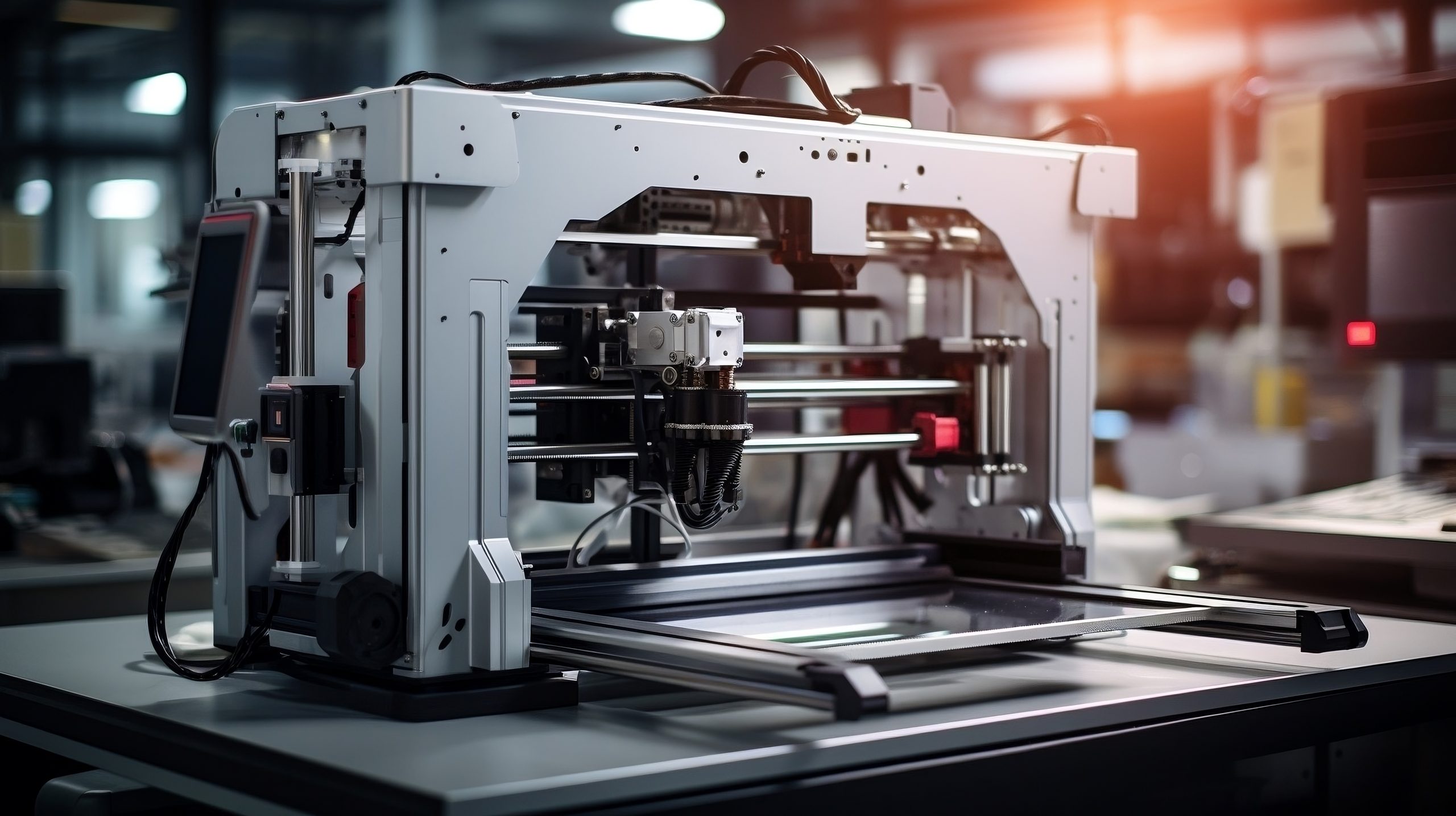Are you willing to embrace emerging technologies? During the initial phases of development or integration, emerging technologies can disrupt conventional business models, improving efficiency across various industries. Many businesses today adopt AI and real-time IoT monitoring to optimize decision-making, streamline operations, and enhance efficiency. This strategic approach enhances customer experiences, improves product development, reduces operational costs, and opens new opportunities for innovation and collaboration. Read below to learn more about using emerging tech for your competitive business advantage.
Three-Dimensional (3D) Printing and AutoCAD
3D printing in marketing offers a competitive edge through customization, rapid prototyping, cost-effective small-batch production, and reduced inventory costs. It allows you to create personalized products, iterate designs quickly, and respond to regional market demands. You can use this technology to support interactive marketing and enhance brand differentiation. This results in increased customer satisfaction, faster time-to-market, and a unique brand image.
Aside from 3D printing, computer-aided design (CAD) promotes AutoCAD drafting business expansion. It provides a competitive advantage through diversification of services, geographic expansion, advanced technology adoption, and specialization in niche markets. Furthermore, this technology enhances quality assurance, strategic collaborations, effective customer relationship management, employee training, and efficient project management.
Artificial Intelligence and Machine Learning
Risk mitigation through AI analysis involves identifying and addressing potential threats. An example is AI-driven chatbots that automate customer interactions and provide real-time support. Personalization in chatbot interactions improves customer experience while ensuring ongoing efficiency gains.
Before adopting these emerging technologies, you should define your clear business objectives and ensure high-quality and secure data. You must also address talent and skill gaps, design scalable solutions, integrate with existing systems, and comply with regulations. Managing user adoption and change, addressing ethical concerns, and implementing continuous monitoring contribute to successful business outcomes.
Internet of Things (IoT)
This technology offers a competitive edge through faster decision-making, operational optimization, and support for various functions, such as supply chain management. IoT sensors track goods during transit, optimizing logistics and enhancing visibility. The continuous real-time data from IoT devices facilitates automation, predictive maintenance, and early issue detection, improving overall efficiency and risk management.
Additionally, IoT enhances customer experiences and product differentiation by allowing customization based on real-time customer data. Integrating IoT capabilities into products enables businesses to innovate and meet evolving market demands.
Blockchain Technology
Blockchain is a decentralized record-keeping system applied in supply chain management, finance, healthcare, and real estate. It streamlines processes and fosters trust. Smart contracts, written in code and deployed on the blockchain, improve efficiency by automating and executing predefined contract terms without intermediaries.
Augmented Reality (AR) and Virtual Reality (VR)
These technologies are reshaping business engagement. AR enhances customer experiences in retail through virtual try-ons and interactive marketing, while VR transforms employee training with realistic simulations.
VR also offers awe-inspiring adventures for customers to try products virtually. Both technologies revolutionize remote assistance, collaborative meetings, and conferencing, providing immersive and interactive solutions that redefine customer interactions and employee training.
5G Technology
5G technology is transforming businesses with unparalleled speed and low latency, improving communication and mobile experiences and facilitating widespread adoption of IoT devices. Its capabilities empower your business to be agile, fostering industry-specific transformations like augmented reality.
Robotic Process Automation (RPA)
Robotic process automation (RPA) automates repetitive, rule-based tasks, minimizing the need for manual intervention and enhancing accuracy. This technology facilitates scalable operations, adapting to increased workloads without a proportional rise in human resources.
Additionally, RPA improves the overall customer experience by reducing processing times and errors in customer-facing processes. It ensures data consistency and compliance with regulatory requirements through predefined rules. RPA implementation is swift and integrates seamlessly into existing systems, allowing businesses to realize benefits promptly.
Cybersecurity Innovations
Cybersecurity innovations like endpoint protection, firewalls, identity and access management, and data encryption are crucial for businesses undergoing digital transformation. Given the escalating threat landscape, advanced measures such as AI analytics, decentralized identity management, and robust threat detection are essential.
Sustainable Technologies
Renewable energy solutions, eco-friendly manufacturing, and innovative packaging. Adopting these technologies reduces the environmental footprint, enhances brand reputation, and fosters customer loyalty.
Smart technologies and data analytics optimize resource efficiency, resulting in cost savings and an improved brand image in a market valuing environmental responsibility. For example, companies adopting smart energy management systems may optimize energy usage, reduce carbon footprints, and showcase a commitment to sustainable practices, ultimately gaining a competitive edge and enhancing their market position.
Conclusion
Embracing emerging technologies can enhance your business operations, allowing you to focus on crucial aspects like product development, market research, marketing, and customer service. You can expect tremendous business benefits such as production efficiency, revenue growth, and more sustainable operations. Before adopting any technology, consult a tech expert to maximize your investment.



